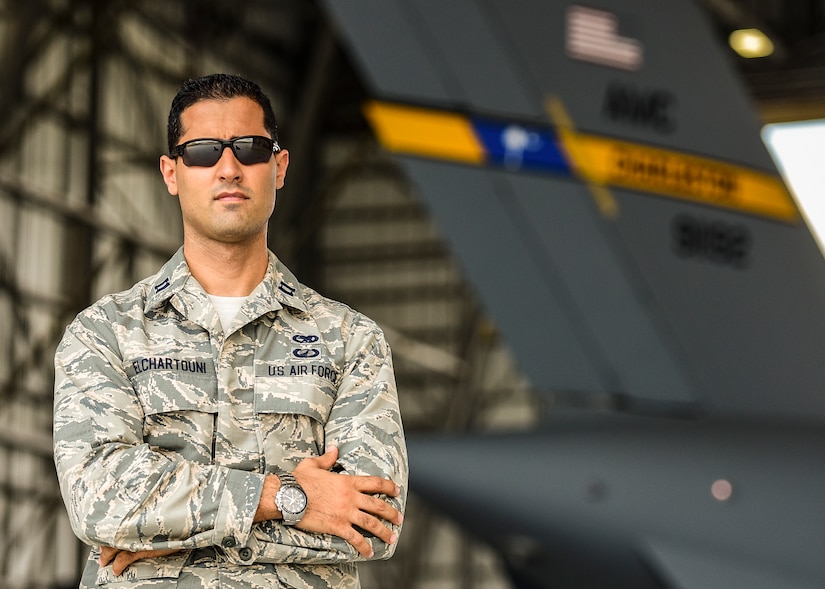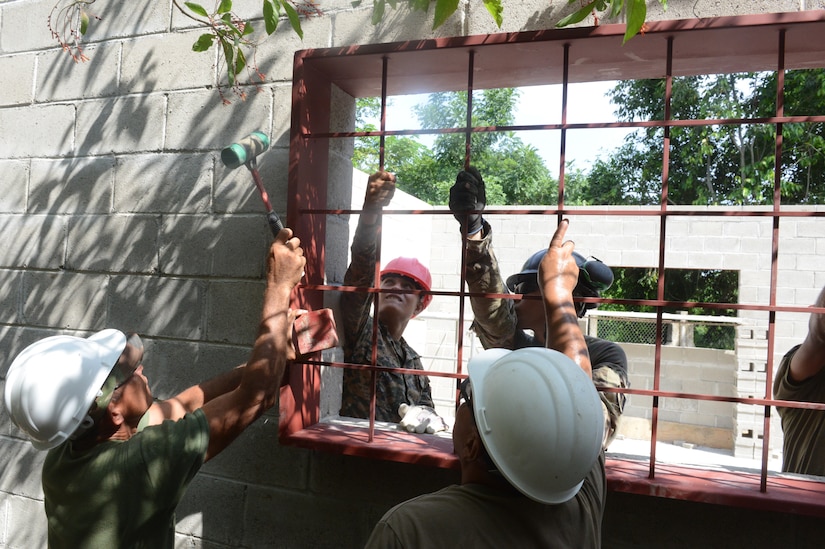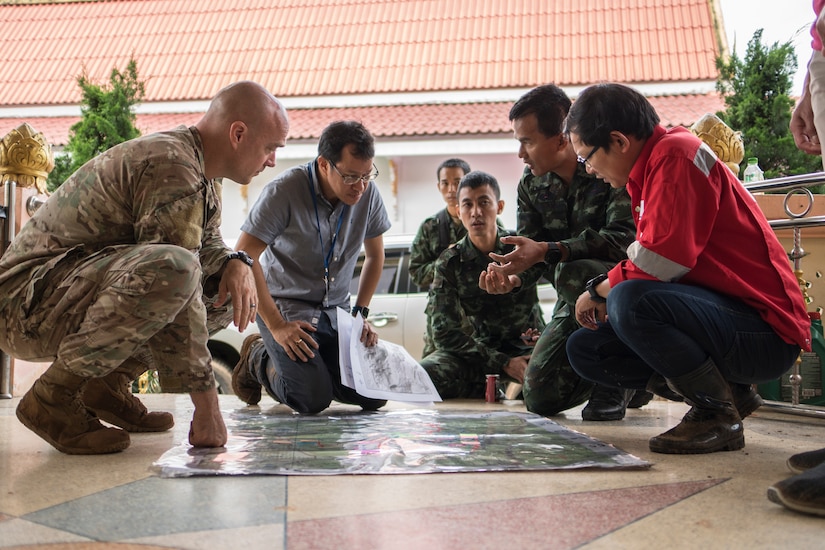By Air Force Airman 1st Class Joshua R. Maund, 628th Air
Base Wing
JOINT BASE CHARLESTON, S.C. -- Every airman has a story as
to why they decided to serve and the journey that goes along with it..
Air Force Capt. Elie Elchartouni’s journey started under a
much different set of circumstances than most, as he and his family waited 13
years to move to America from a country torn by a civil war.
“I am just one of thousands with an interesting journey,”
said Elchartouni, the officer in charge of the 437th Maintenance Flight here.
“Our Air Force is as diverse as it is powerful.”
Giving Back
Elchartouni speaks Arabic and French, and now often serves
as a translator, but one of the biggest hurdles in his journey was learning
English.
“I went to a school that taught in French, but at the age of
18, I began to learn English, which proved to be a challenge,” he said. “But I
eventually learned it.”
Elchartouni and his family settled in California and he
enrolled at San Jose State University, where he completed his undergraduate
degree in electrical engineering.
“Shortly after I finished my degree, an opportunity in
Silicon Valley came up, and before I knew it, I landed a job as an electrical
engineer,” he said. “After four years with the company, and achieving a
six-figure income, I realized how many opportunities I had received in the
states and decided it was time to give back.”
Elchartouni decided joining the military would be a way to
honor his adoptive country while still being able to work in his desired field
and take on a new challenge.
“I walked into the recruiter’s office and told her I had a
degree and the languages I spoke,” he said. “I asked, ‘Where do I sign? I’m
ready to serve.’”
After commissioning through Officer Training School, he was
stationed back in California, where he completed a master’s degree in
engineering management at the University of California Los Angeles.
‘Knowledgeable Leader’
As the officer in charge of the 437th Maintenance flight,
Elchartouni ensures that the 128-person maintenance flight schedules home
station checks on aircraft, refurbishes and maintains important aircraft
components and recovers crashed, disabled and damaged aircraft here and at
Charleston International Airport.
“He is a very knowledgeable leader,” said Tony Ware, 437th
Maintenance Flight assistant flight chief. “He genuinely cares for his team.”
According to Defense Department demographics, the percentage
of minority service members has been rising since 1995. As the diversity of the
country expands, so does the diversity of its military.
“I was slightly nervous joining the Air Force and being
Middle-Eastern,” Elchartouni said. “On the contrary, my fellow airmen have been
very inclusive.”
The expertise and diversity of airmen make America's Air
Force a global leader. Elchartouni exemplifies how airmen quickly integrate,
influence and lead at all levels.
“I wear the uniform with pride,” he said. “I consider myself
to be blessed with all of these opportunities. I never thought that I would be
where I am today, but opportunities are everywhere in our nation. I am proud to
call myself an American airman.”










